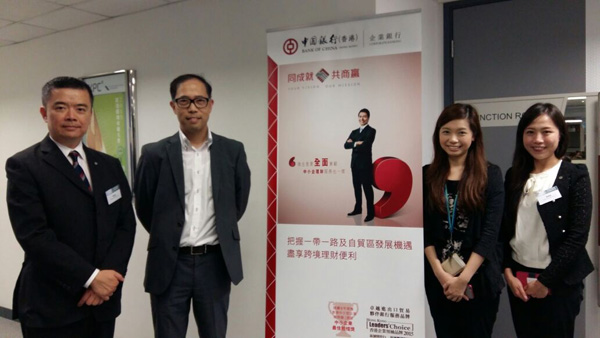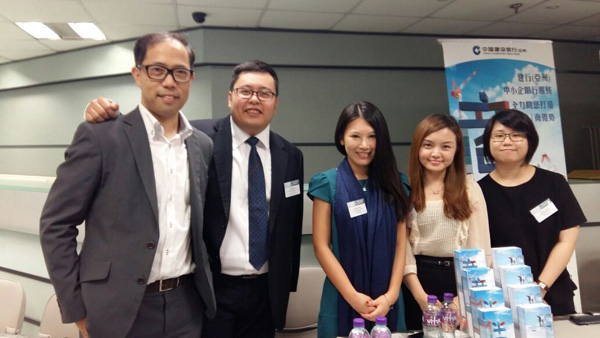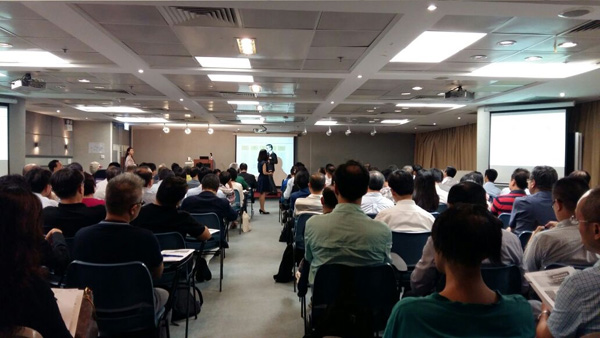Background
The Contracts (Rights of Third Parties) Ordinance, Cap. 623 (hereinafter, “the Ordinance”) is expected to come into force on 1st January 2016.
There are two aspects to the doctrine of privity of contract, and it is the second aspect (that is, a party who is not a party to the contract cannot acquire and enforce rights under the contract) that the Ordinance seeks to address.
Legislative provisions
The Ordinance stipulates that a third party may enforce a term of a contract either where the contract contains an express provision that the third party may do so (section 4(1)(a)) or where the term purports to confer a benefit on the third party (section 4(1)(b)). Section 4(1)(b) will not apply if, on a proper construction of the contract, the term is not intended to be enforceable by the third party. Section 4(1) applies to a third party even if the third party was not in existence when the contract was entered into.
Section 5 provides the third party with the same remedies that would have been available to the third party in an action for breach of contract as if the third party was a contracting party.
Where the third party has assented to the term and the promisor has received notice of the assent or where the third party has relied on the term and the promisor has relied on or can reasonably be expected to have foreseen that the third party would rely on the term, then the contracting parties cannot rescind or vary the contract without the third party’s consent.
Conclusion
Whilst the likely impact of the Ordinance remains unknown, if Hong Kong follows the default commercial position of the UK (that is, to exclude the operation of the equivalent statute), then the impact may be minimal. Nonetheless, there should be careful drafting of the contracts by the contracting parties.






